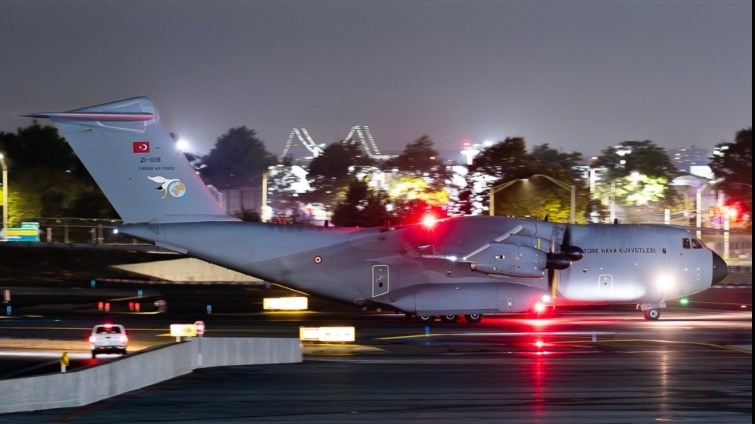Security analyst Sushant Sareen on Monday criticised India’s response to shifting global alliances following the Pahalgam terror attack, warning that countries like China, Turkey, and Azerbaijan have openly aligned with Pakistan. Sareen argued that while India’s adversaries are clearly identifying themselves, New Delhi continues to pursue trade and defence deals with them instead of imposing costs for their actions.
“India’s friends and enemies are identifying themselves. China, Turkey, Azerbaijan are clearly on the Paki side,” Sareen wrote on X. “Ideally, there should be costs for doing this but India will reward them with fatter trade deals and defence contracts; Israel is probably the only country with India. Every other country – US, EU, UK, even Russia, are hedging. But yeah Vasudhaiva Kutumbakam. Basically we are a people who refuse to learn from history.”
India’s friends and enemies are identifying themselves. China, Turkey, Azerbaijan are clearly on the Paki side. Ideally, there should be costs for doing this but India will reward them with fatter trade deals and defence contracts; Israel is probably the only country with India.…
Sareen’s comments came amid reports that six Turkish C-130 Hercules transport aircrafts carrying military cargo landed in Pakistan on Sunday, triggering anger among Indian strategic circles. The Turkish support to Pakistan comes at a time when tensions are already running high, with Prime Minister Narendra Modi vowing to punish those responsible for the Pahalgam terror attack and their backers.
The sense of betrayal is particularly acute given India’s major humanitarian support to Türkiye in 2023. Following the devastating earthquake on 6 February 2023, India launched ‘Operation Dost’, dispatching its first C-17 Indian Air Force aircraft with a specialised search and rescue (SAR) team within hours of receiving Türkiye’s request for assistance.
India subsequently sent over 250 personnel, specialized equipment, and more than 135 tons of relief material across five C-17 aircrafts. This included three self-sustained teams of the National Disaster Response Force (NDRF) — more than 150 specially trained personnel with dog squads, detection equipment, vehicles, and critical supplies for rescuing trapped civilians.
India also deployed a 30-bed self-sustained field hospital run by the Indian Army, staffed by 99 specially trained medical personnel. The hospital offered an operation theatre, X-ray and ventilator facilities, ambulances, and essential medicines, providing comprehensive medical support in the disaster-hit areas.
Despite this massive show of goodwill during Türkiye’s time of need, Ankara’s decision to bolster Pakistan’s military capacity has renewed calls in India for a re-evaluation of diplomatic and trade ties. Some have also urged Indians to boycott Turky’s tourism.
Meanwhile, China has also backed Pakistan’s stance, calling for a “swift and fair investigation” into the Pahalgam attack. Beijing expressed support for its all-weather ally in safeguarding its sovereignty and security interests amid Islamabad’s rising tensions with India.








